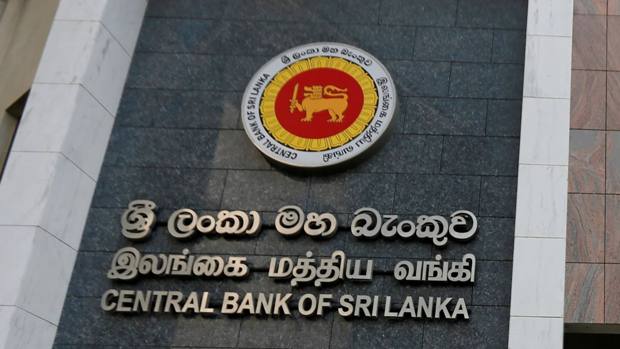By Uditha Jayasinghe
COLOMBO – Sri Lanka’s Parliament on Thursday (20) approved a new law to improve the independence of the country’s central bank, the deputy speaker said, as part of reforms linked to a $2.9 billion International Monetary Fund (IMF) bailout package.
Economic mismanagement coupled with the impact of the COVID-19 pandemic left Sri Lanka severely short of dollars for essential imports at the start of last year, tipping it into its worst financial crisis since independence from Britain in 1948.
The new legislation will prioritize controlling inflation and introduce an inflation target, which will be agreed jointly by the central bank and the finance ministry, according to a published draft of the bill.
A separate governing board, consisting of six members and the governor, will be formed in addition to the monetary policy board to improve bank oversight and reduce conflicts of interest, it added.
The new legislation is also expected to assist the central bank to control money printing and help put Sri Lanka’s public finances in order as it looks to finalise foreign debt talks with key creditors including India, Japan and China by September.
The legislation is part of a raft of reforms pledged under a $2.9 billion bailout from the IMF, which was finalized in March and has helped Sri Lanka stabilize its economy.
“The approval of the bill is positive and will also help Sri Lanka with its first review of the IMF program coming up in September,” said Dimantha Mathew, head of research, First Capital Holdings.
The legislation was approved after multiple amendments and a third reading without a vote in the 225-member parliament, deputy speaker Ajith Rajapakse said.
Sri Lanka’s also parliament approved a key anti-corruption bill on Wednesday, aimed at improving governance and meeting another requirement listed under the IMF program, which is a first in Asia.
-Reuters



Comments are closed, but trackbacks and pingbacks are open.